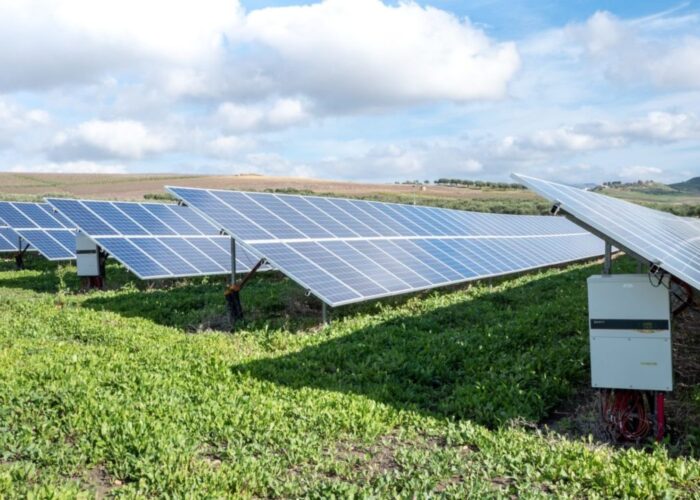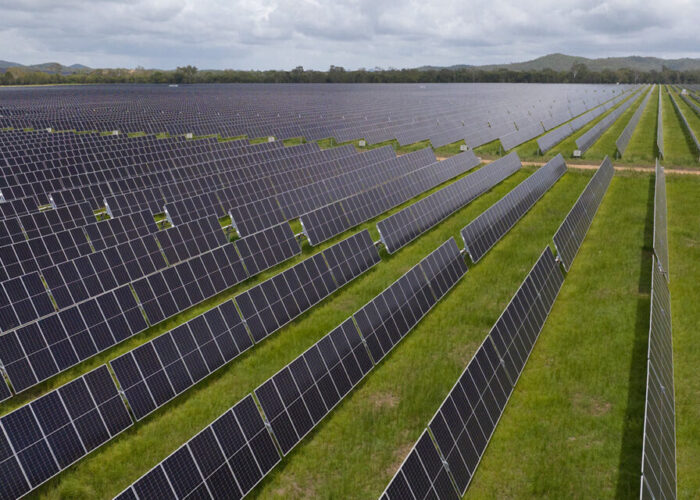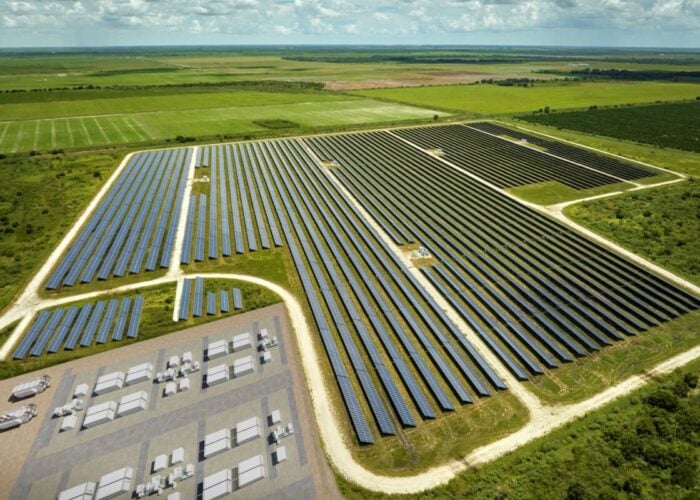
US cadmium telluride (CdTe) thin-film module producer First Solar has sold US$857 million in Inflation Reduction Act (IRA) transferable tax credits generated from its solar module manufacturing operations.
The credits are Section 45X Advanced Manufacturing Production tax credits which First Solar generated from selling its PV modules from manufacturing bases in Ohio and Arizona.
Unlock unlimited access for 12 whole months of distinctive global analysis
Photovoltaics International is now included.
- Regular insight and analysis of the industry’s biggest developments
- In-depth interviews with the industry’s leading figures
- Unlimited digital access to the PV Tech Power journal catalogue
- Unlimited digital access to the Photovoltaics International journal catalogue
- Access to more than 1,000 technical papers
- Discounts on Solar Media’s portfolio of events, in-person and virtual
The manufacturer agreed two separate tax credit transfer deals with an unnamed third party for a price of US$0.955 per US$1 of tax credits. At the final closure of the second deal, which First Solar expects on 28 February, it said it will pocket around US$819 million in gross cash proceeds.
First Solar CEO Mark Widmar said the deal “Is a case of the Section 45X tax credits working exactly as they were intended”.
“The value of the tax credits is directly tied to the volume of solar panels produced at our facilities in Ohio and Alabama for deployment in power generation projects across America, the highest volume we’ve produced in the US since we began manufacturing in 2002.”
The company inaugurated a 3.5GW module production facility in Alabama last December, shortly before it revised down its end-of-year forecast thanks to market uncertainty.
Alex Bradley, First Solar CFO said: “This transaction strengthens our balance sheet even as we continue to invest in our US manufacturing capacity and research and development infrastructure, which are crucial to our growth. As it relates to the 2024 financial year, we expect a pre-tax impact to earnings of approximately US$39 million and a post-tax impact to earnings of approximately US$45 million. This is expected to reduce our diluted earnings by approximately US$0.42 per share for the year.”
Selling IRA tax credits is facilitated under the Transferability provision, which was introduced to widen the scope of potential tax credit beneficiaries and facilitate greater expansions of clean energy manufacturing and deployment projects by allowing companies to sell their credits for cash.
However, the future of IRA tax credits is somewhat uncertain following the inauguration of president Donald Trump. A day-one executive order paused the dispersal of certain IRA-related funds and various provisions – like the Domestic Content Tax Bonus for solar deployments – may be subject to changes or early sunsets.
Prior to the inauguration, a bipartisan group of US Attorneys General called for the IRA to be protected, specifically the 45X Advanced Manufacturing credit, thanks to the jobs and investment it has brought to many US states.






